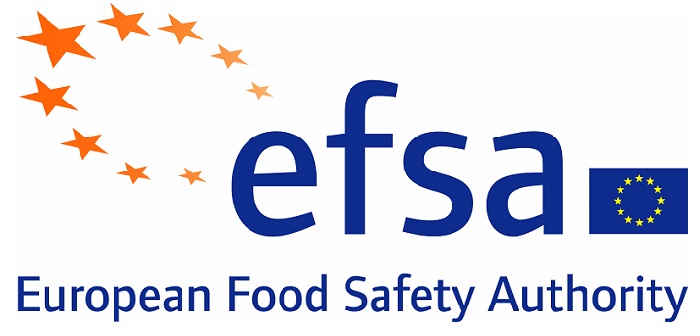The European Food Safety Authority has published the first of several animal welfare opinion pieces that will be delivered in the context of the Farm to Fork strategy.
This first EFSA piece is based on scientific opinion that highlights the welfare of pigs on farm, as well as providing detailed suggestions on how to improve the welfare of all farmed pigs kept in the relevant husbandry systems used in the European Union.
The piece lists a total of 16 welfare consequences for different husbandry systems, that are considered by EFSA experts to be highly relevant due to their severity, duration, and frequency of occurrence. Such consequences include restriction of movement, heat or cold stress and prolonged hunger or thirst.
The opinion provides measures that should be put in place to prevent or correct the hazards and to mitigate the highly relevant welfare consequences. EFSA’s experts make a number of detailed recommendations, including suggestions on the quantitative or qualitative criteria needed to answer specific questions on the welfare of farmed pigs that were raised as part of the European Citizen’s Initiative ‘End the Cage Age’.
EFSA’s experts also suggest which animal-based measures (ABMs) could be collected in slaughterhouses to monitor the level of welfare on pig farms.
The assessment follows a methodological guidance to be applied in animal welfare risk assessments, including farmed animals and animal transport – based on scientific evidence and expert opinion. It provides a scientific basis to support a legislative proposal by the European Commission, scheduled for the second half of 2023, as part of the revision of the animal welfare legislation.
On September 26, EFSA is holding a public event which will see the results of the scientific opinion on the welfare of farmed pigs and the upcoming work on the transport of animals presented. The event will also include a Q&A session.




